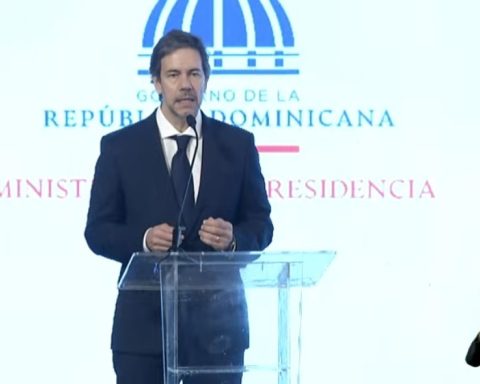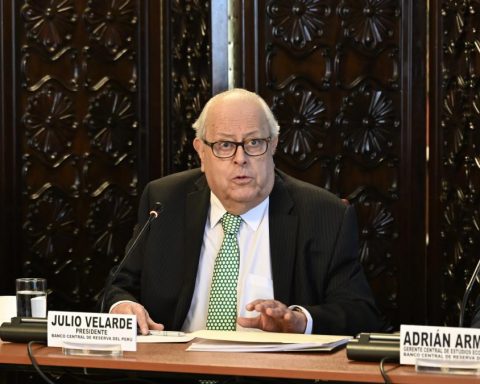Given the motion for a resolution presented by the Ministry of Labor to regulate domestic work in the Dominican Republic, doubts arise about the ways in which the provisions of the document can be made effective.
One of them refers to the mechanism that families that need to contract this service would have in order to register their domestic on the social Securityfor which, necessarily, they would have to be registered in the General Directorate of Internal Taxes (DGII).
With his motion for a resolution, suggested to go to public hearings, the Ministry of Labor orders the National Council of Social Security that can facilitate the registration of domestic workers in the Dominican System of Social Security. This point should be defined under whose responsibility, whether the State or the employer.
If it is the responsibility of the head of the household, he must go to one of the modalities offered by the Treasury of the Social Security (TSS) for the registration of employees, whether as a legal entity, natural person or NGO, being the natural person the one that best suits a housewife.
In any of the cases, the TSS has the requirements that, in addition to filling out an employee registration form, a registration certificate is presented to the General Directorate of Internal Taxes indicating the updated economic activity.
In the specific case of natural persons, a physical payslip for the current period signed by the employer is required, and a copy of at least three invoices for the purchase of goods or services linked to commercial activity.
One of the demands of the organizations that bring together women workers domestic in the country is that they be included, in addition to health insurance, in the contributory regime, in order to receive a pension at the time of retirement. Just for this regime, Law 87-01 that creates the Dominican System of Social Securityestablishes that the employer will contribute to the financing “both for old age, disability and survival insurance and for family health insurance, with seventy (70) percent of the total cost and the worker will be responsible for thirty (30) percent remaining”.
It also indicates that “the cost of occupational risk insurance will be covered one hundred percent (100%) by the employer. In addition, the employer will contribute zero point four (0.4) percent of the contributory salary to cover the Social Solidarity Fund of the pension system.
In its proposal, the Ministry establishes eight-hour workdays and no more than 44 hours per week for domestic workers. It also orders that the salary of domestic workers “can never be less than the minimum salary for this sector dictated by the National Salary Committee.”
In addition to recognizing labor rights such as annual vacations, it also indicates that the employment contract be made in writing by signature of the parties and that it may be terminated by mutual agreement or by the eviction exercised by one of them. “Domestic workers, as well as employers, must respect a period of notice when the contract ends by eviction,” says the document.
This was one of the points with which the Institutionality and Justice Foundation (Finjus) joined yesterday to question the resolution, which it understands falls short in several areas.
“The resolution would repeal the content of the special regime for domestic work of the Labor Code”Executive Vice President of Finjus
It indicates that the modality of justified dismissal or resignation in the event of faults by any of the parties is left out, in addition to the fact that the contractual modalities of domestic work are not considered either.
Finjus also questions how effective working hours will be established, to determine the payment of overtime, or the fact that verbal agreements are not contemplated.
These points are raised by Servio Tulio Castaños Guzmán in his capacity as executive vice president of Finjus, who also adds to the remarks of other jurists in the sense that “a necessary modification to the norm that regulates domestic work is the competence of the legislator and not from the Ministry of LaborQ.
Castaños Guzmán understands, however, the need for the country to engage in a serious discussion about the guarantees of access to social Security or the minimum wage by virtue of the particularities of the employment relationship in question.
The Minister of Women, Mayra Jiménez, expressed this Thursday her absolute support for the resolution of the Ministry of Labor. The official responded to those who have opposed that “you cannot have the privilege of caring for your family on the basis of sacrifice and the denial of rights of those who make it possible for you to have that stability.” She emphasized that having a domestic service in the home implies a privilege, “and if you want that privilege you have to guarantee basic conditions for that person who works.” She assured that guaranteeing rights and a decent salary to domestic workers is a great debt that society has.

















